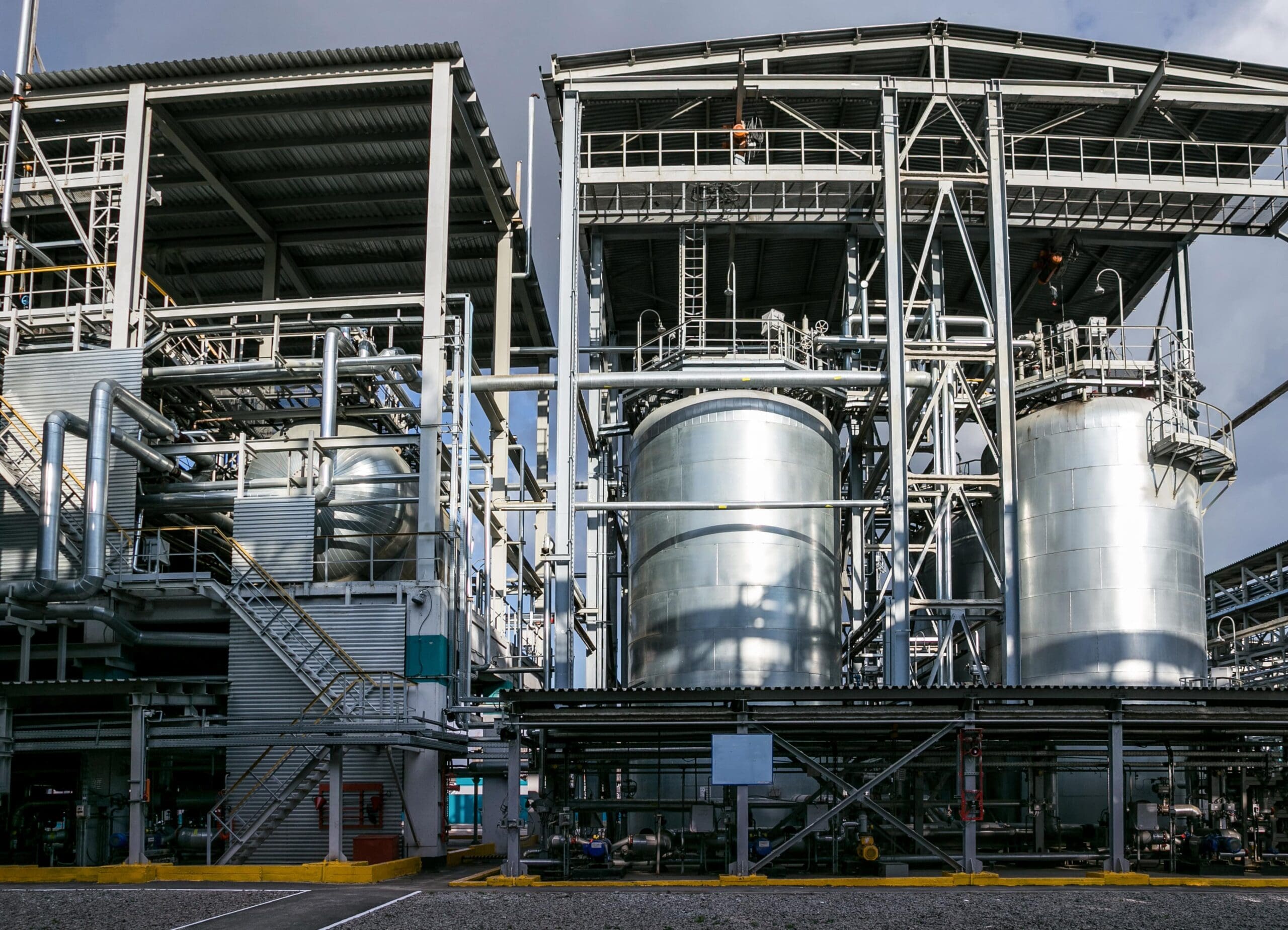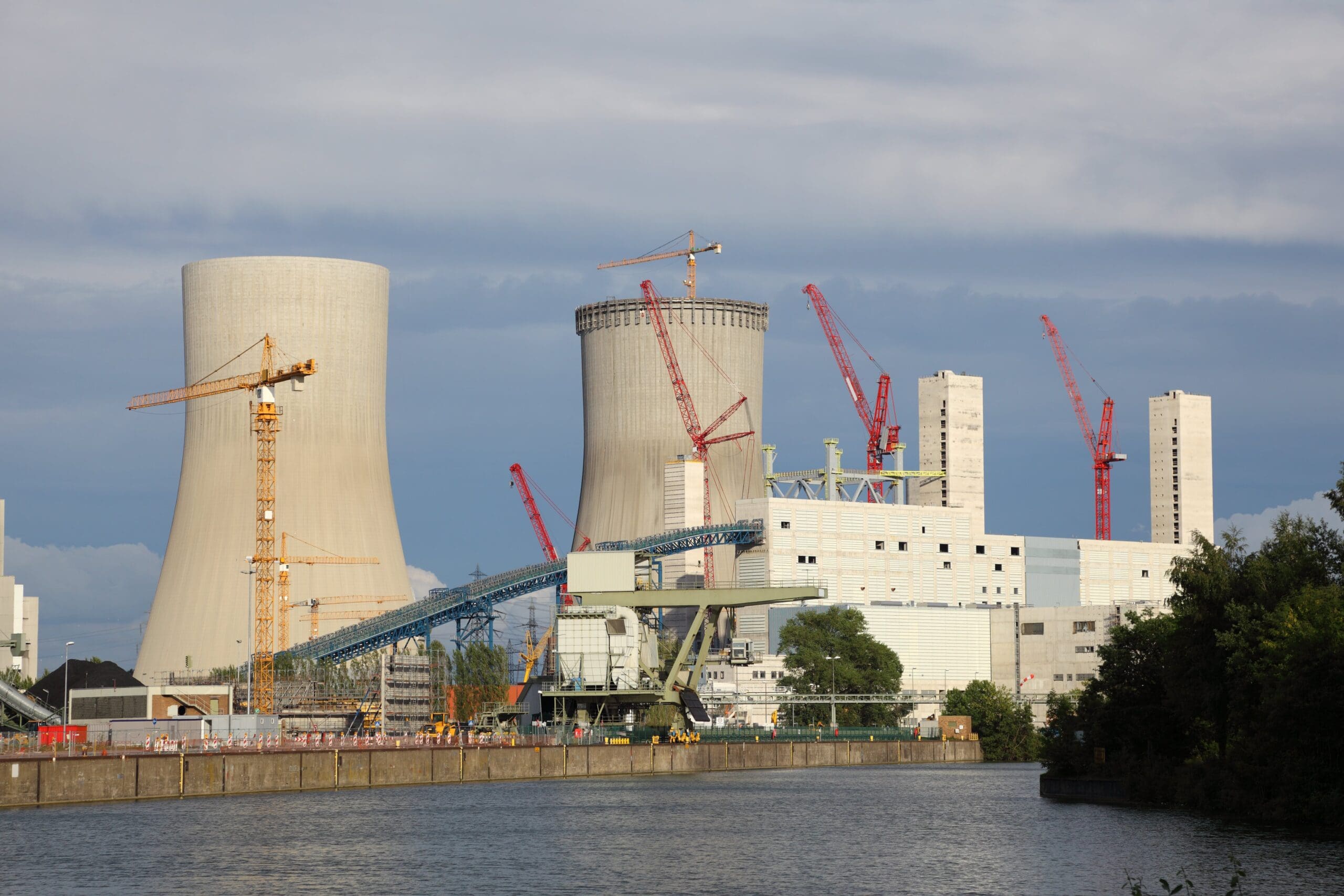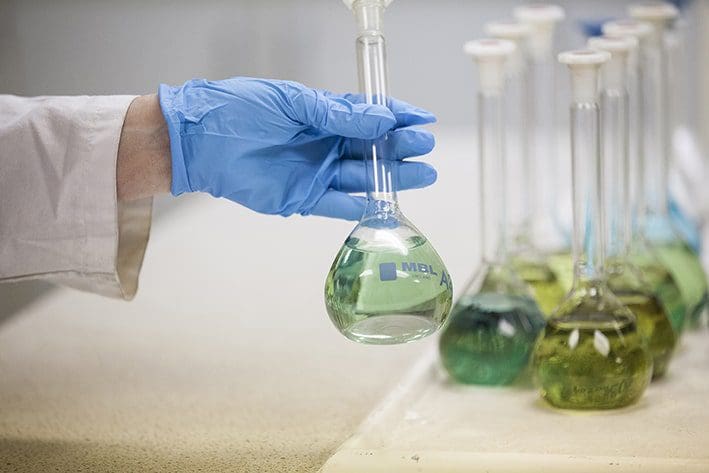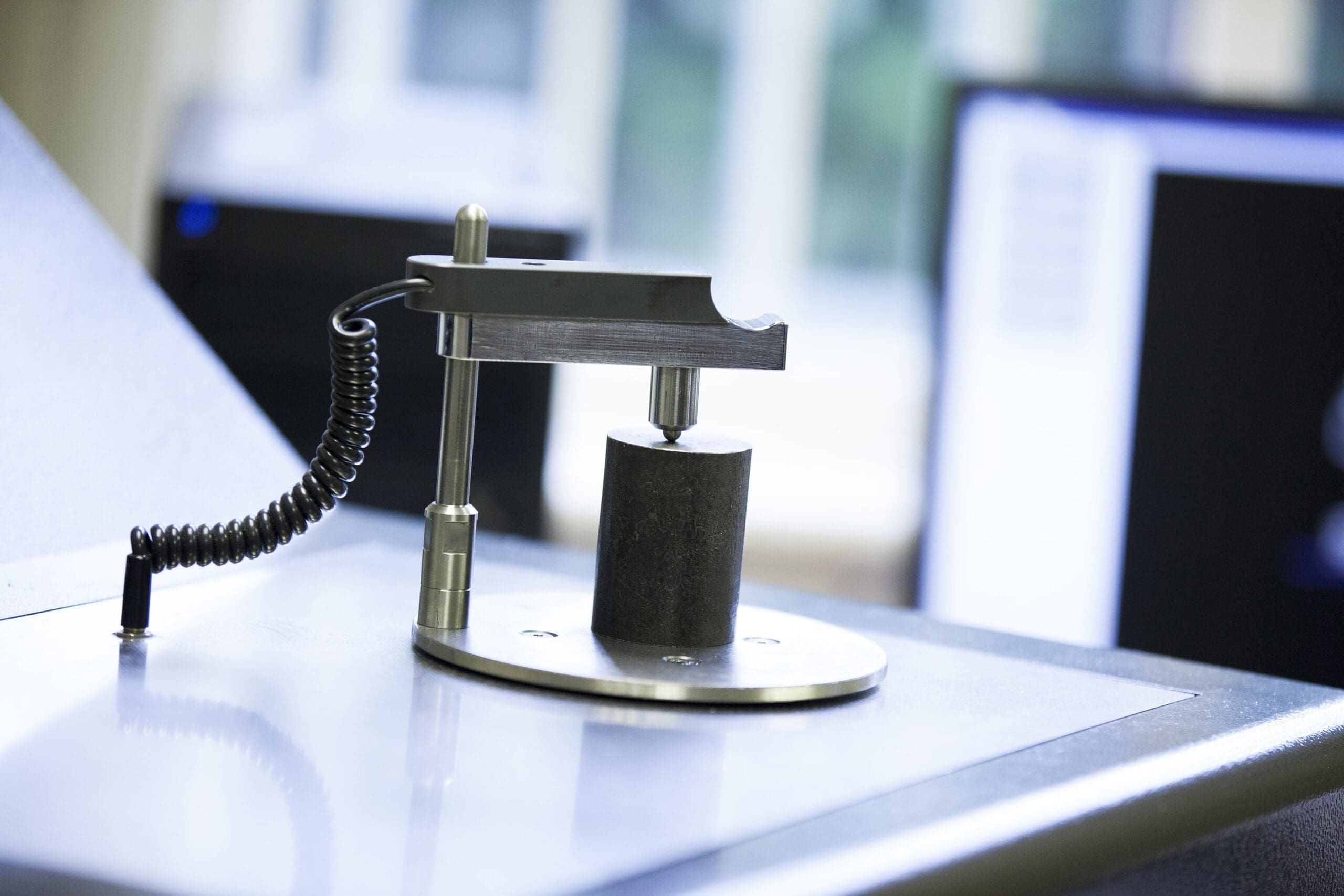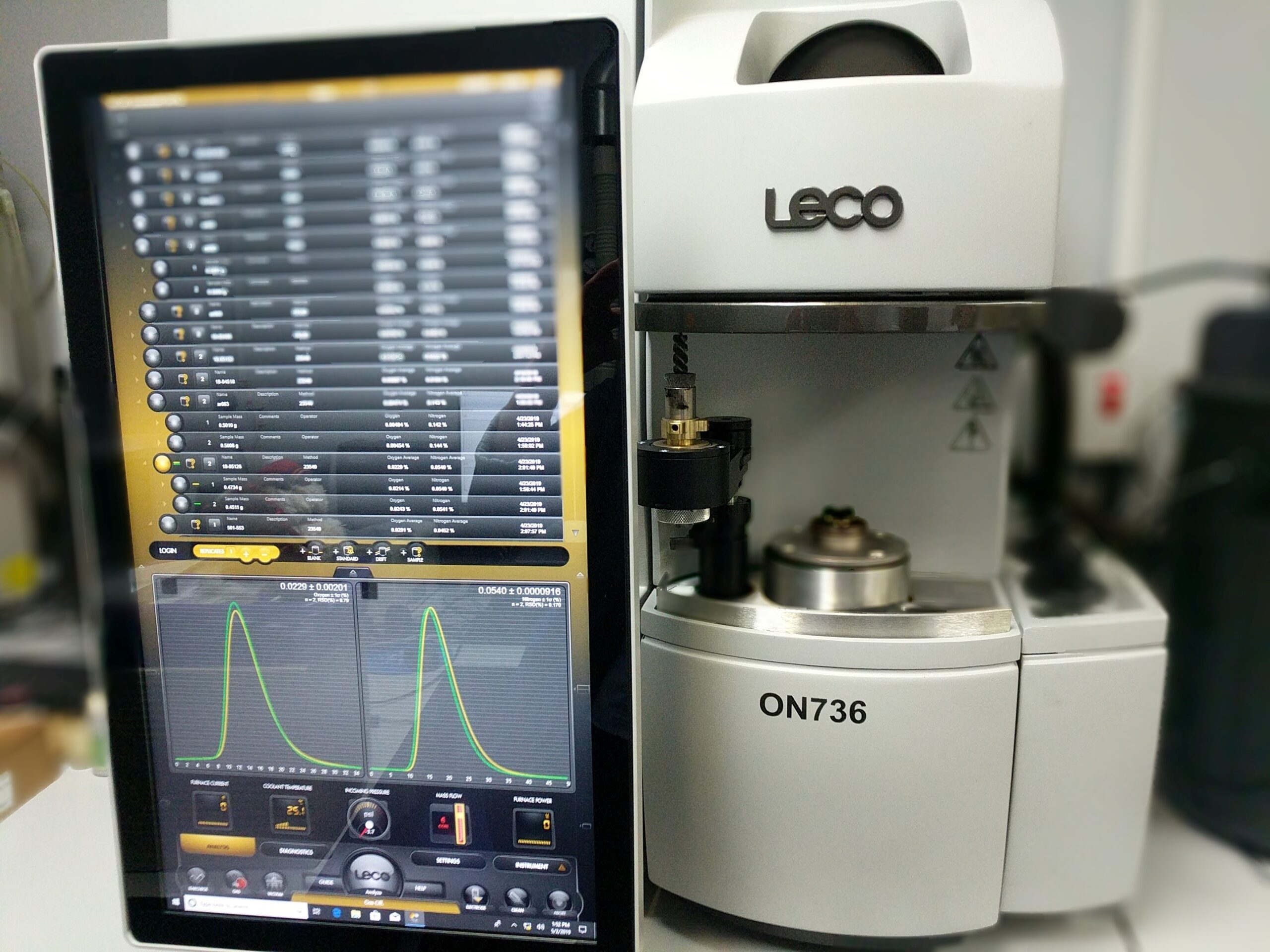Chemical Analysis
Copper Nickel Alloys
At BES Group, we can support you with Chemical Analysis testing on Cupronickel (copper-nickel) alloys. This helps to verify the chemical contents and material grade of your products.
Explore how we work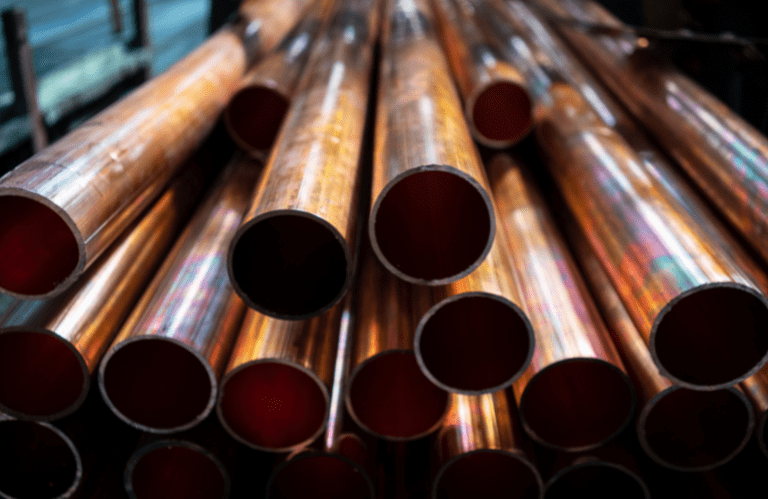
Interested? Let’s talk.
Send us an enquiry
Testing on Cupronickel
To analyse Cupronickel Alloys chemically, we determine the elemental composition of the alloy. Typically, copper (Cu) and nickel (Ni) are the primary constituents, but other elements like iron (Fe), manganese (Mn), and zinc (Zn) may be added to enhance specific properties.
Copper-Nickel Alloys, also known as Cupronickel Alloys, have a high copper and nickel content. These alloys are extremely resistant to corrosive environments like salt water or conditions with a high oxide content. This makes them particularly valuable in the oil and gas industries. The physical properties of copper-nickel alloys also make them resistant to macrofouling. This means that unwanted materials and organisms like algae and barnacles, which would normally attach to marine structures, ships, and boats, are less likely to do so. By applying a layer of anti-fouling paint or coating, the alloy receives additional protection against these organisms and growths.
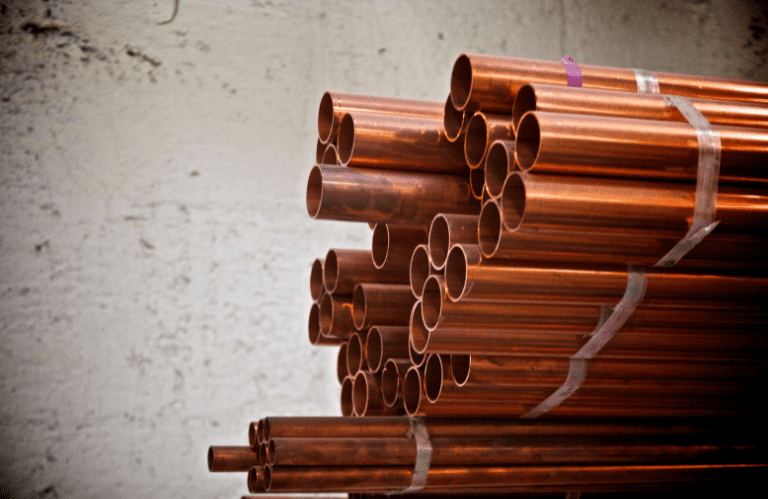
Who we've partnered with





Key Benefits
Ensuring Quality
By verifying the elemental composition, manufacturers can maintain product consistency and minimise variations that may affect the alloy’s properties.
Certifying Materials
Gain the necessary data to certify that the alloy complies with industry specifications. Useful for Marine, Engineering, Aerospace industries and much more.
Enhancing Performance and Durability
Ensure that the alloy has the desired composition to meet performance requirements and withstand environmental conditions during use.
Ensuring Safety
Help to identify and mitigate potential risks associated with impurities or deviations from specified compositions that may compromise the integrity of the alloy.
Let's talk about Copper Nickel Alloys
Send one of the team a message
Not seeing what you expected?
Try using our search
Explore what our clients say
What Tests Do We Perform on Copper Nickel Alloys?
We provide a range of UKAS-accredited analytical testing services for copper-nickel alloys. These services adhere to our in-house procedure and meet the requirements of Naval Engineering Standards (NES) and UK Defence Standards (DEF Stans).
Chemical Analysis to verify the composition and material grade of copper-nickel alloys using ICP-OES analysis
Chemical Analysis of cupronickel alloys is essential for ensuring product quality, compliance with industry standards, and the performance of the alloy in various applications, including marine engineering, coinage, electrical components, and heat exchangers.
We also offer Tensile testing and hardness testing to confirm the mechanical properties of the material, and metallurgical investigations for in-depth analysis of the material’s behaviour.
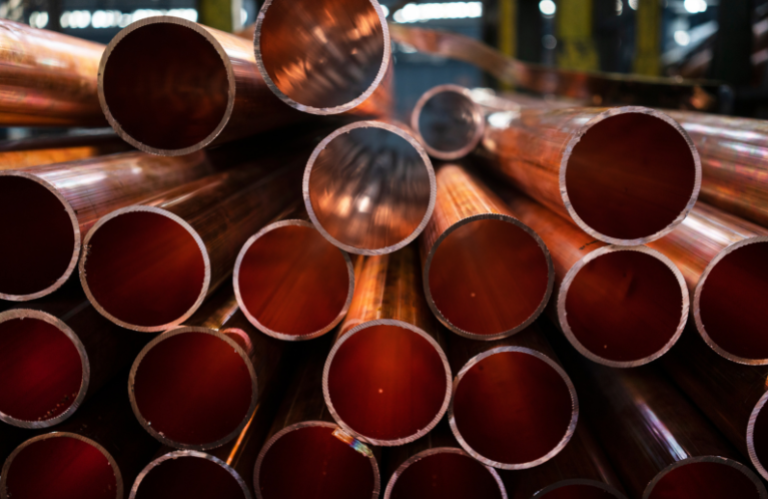


Let’s talk. Ask us anything.
Send one of the team a message
Why choose BES Group?

35,000 satisfied customers
A strong reputation for providing exceptional service.
Destructive Testing Experience
Our team of expert inspectors have decades of experience in Destructive Testing method, and they have the expertise to identify and interpret the flaws in your materials.
Decades of experience
Our team of expert inspectors have decades of experience in testing, and they have the expertise to identify and interpret the flaws in your materials.
Sectors we service
Dive into the diverse landscapes where BES Group sparks innovation and drives impact.


Let’s talk. Ask us anything.
Send one of the team a message
Insights & news
Browse our latest articles

A Guide to Young’s Modulus and Material Stiffness
Testing
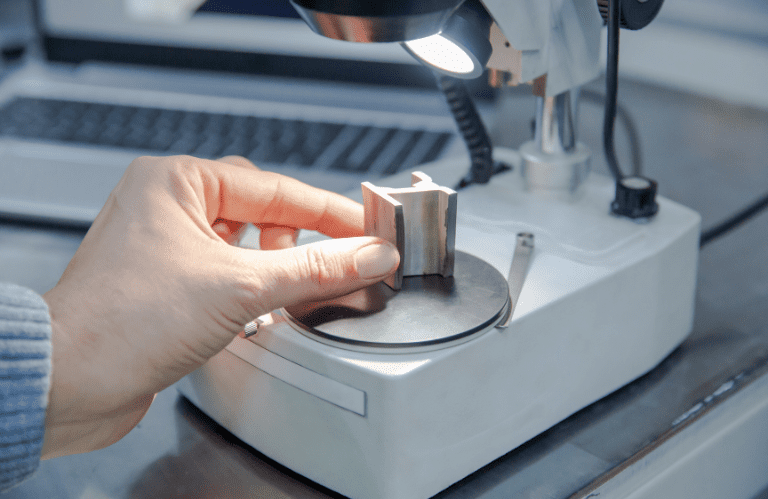
A complete guide to Metal Failure Modes and Analysis
Testing
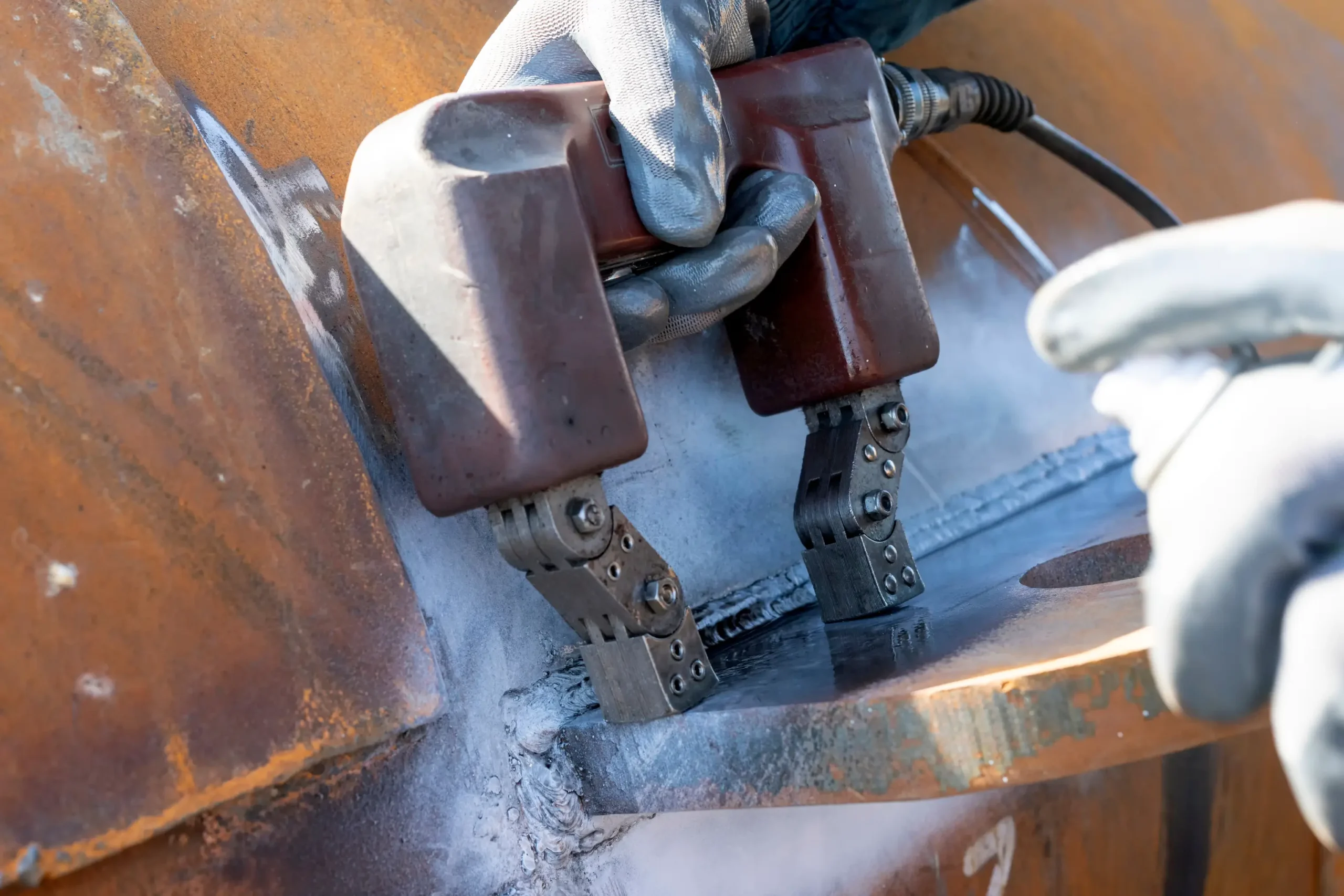
How combining NDT Methods ensures comprehensive asset protection
Testing

Factory Shutdowns: How to Manage Your Maintenance Operations Efficiently
Asset Reliability Electrical Inspection Testing
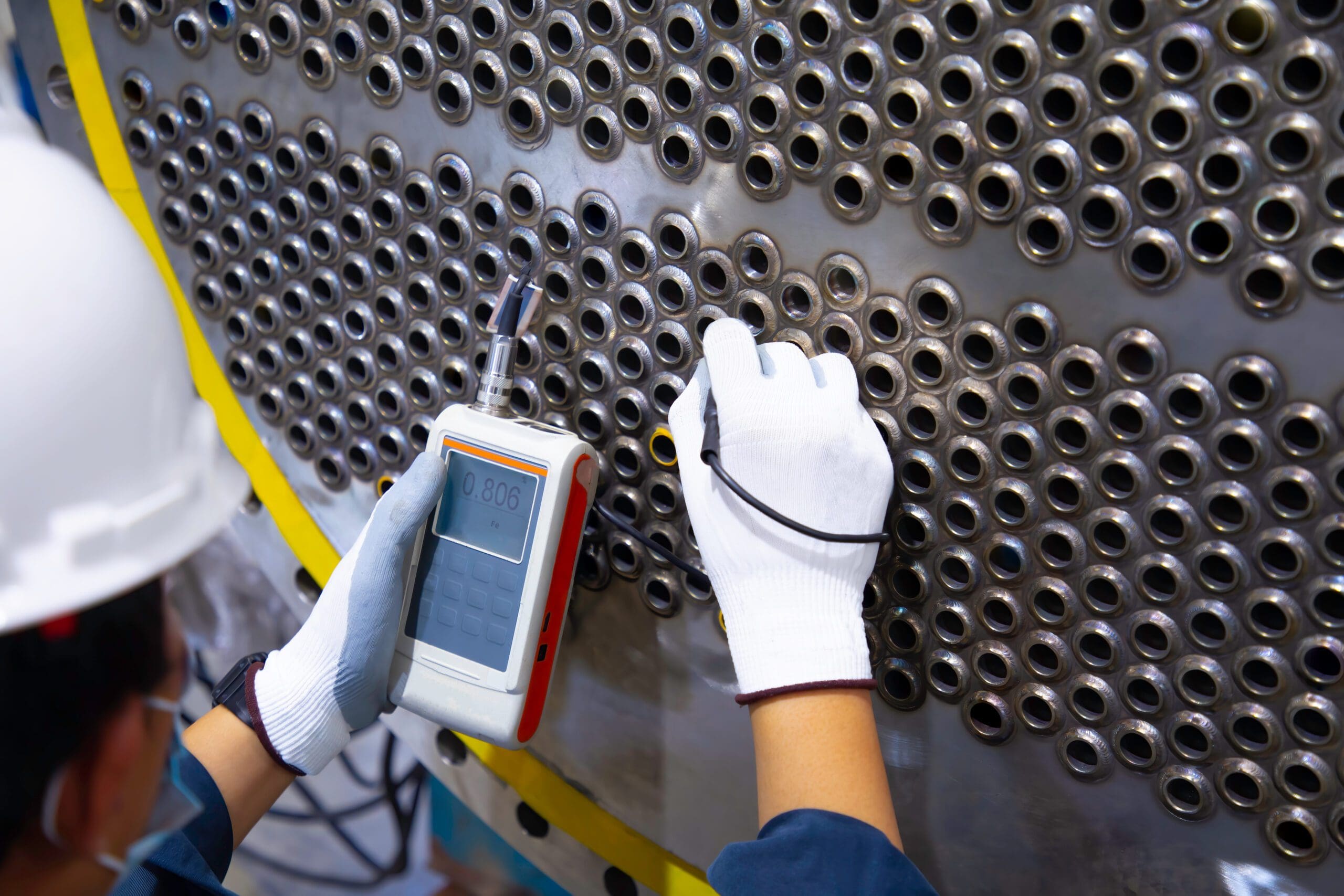
What Are the Different Methods of NDT Testing?
Testing
Other similar services...
Looking for something else? Explore similar services...
Let’s get you to the right person, fast.
Thank you, enquiry submitted!
Please check your inbox. We have sent you an email receipt of your enquiry.
We treat every enquiry with the upmost urgency. We’ll aim to get in touch with the relevant BES Group specialist and get back to you as soon as possible*.
Thank you again and have a great day.
 About BES Group
About BES Group Accreditations & Credentials
Accreditations & Credentials Our Environmental, Social & Governance
Our Environmental, Social & Governance Careers at BES Group
Careers at BES Group Our Senior Leadership Team
Our Senior Leadership Team








